Lebanon pres.: Intl. community should help end Palestinians’ suffering, restore their rights
In a letter to a UN committee, Lebanese president Michel Aoun has called on the international community to work on putting an end to decades-long suffering of Palestinian people and help them restore their usurped rights.
The Lebanese leader sent the letter on Sunday to Cheikh Niang, chairman of the UN Committee on the Exercise of the Inalienable Rights of the Palestinian People, on the eve of the International Day of Solidarity with the Palestinian People.
In the letter, as cited by the Palestinian Information Center, Aoun called for help to protect the holy places in Palestine, to place al-Quds City under effective UN monitoring, and to guarantee freedom of access to it due to its association with the three monotheistic religions.
Back in 1977, the UN General Assembly called for the celebration of November 29 of each year as the International Day of Solidarity with the Palestinian People.
There is the pressing need to “secure the return of the Palestinians of the diaspora to their homes from which they were displaced, in respect of the right of return as stipulated by the UN General Assembly Resolution No. 194, and to provide them with every help until their return,” Aoun stressed.
The Lebanese president also said that his country is struggling with “unprecedented major crises,” which have had “negative repercussions” on the living conditions of the large number of Palestinian refugees “who have been there since 1948.”
Aoun warned that the living conditions of these Palestinian refugees have “dramatically declined” in Lebanon.
According to the latest census of the Lebanese Central Bureau of Statistics for the year 2017, nearly 175,000 Palestinian refugees live in 12 camps and 156 gatherings in the five provinces of Lebanon.
“The suffering of the Palestinian people has increased at home and abroad as they are still living a daily struggle with the Israeli occupation in the West Bank and Gaza Strip, and they seek to provide the most basic requirements of a normal life,” Aoun further said.
Israel occupied the West Bank and East al-Quds during the Six-Day War in 1967. It later annexed East al-Quds in a move not recognized by the international community.
More than 600,000 Israelis live in over 230 settlements built since the 1967 Israeli occupation of the Palestinian territories of the West Bank and East al-Quds, all of which are illegal under international law.
The UN Security Council has condemned Israel’s settlement activities in the occupied territories in several resolutions.
Palestinians want the West Bank as part of a future independent Palestinian state with East al-Quds as its capital.
China ‘firmly opposes’ US military aid to Taiwan
VIDEO | Press TV's News Headlines
President Yoon Suk Yeol to be removed from office
At least 19 Gazans killed by Israeli airstrikes since dawn: Medics
Leader: Iran neither has nor needs proxy forces
US fighter aircraft shot down ‘in friendly fire’ amid aggression on Yemen
Yemeni FM: Israel’s sponsors accountable for ongoing aggression on Sana’a
Eight Palestinians killed as Israel attacks Gaza school, hospitals


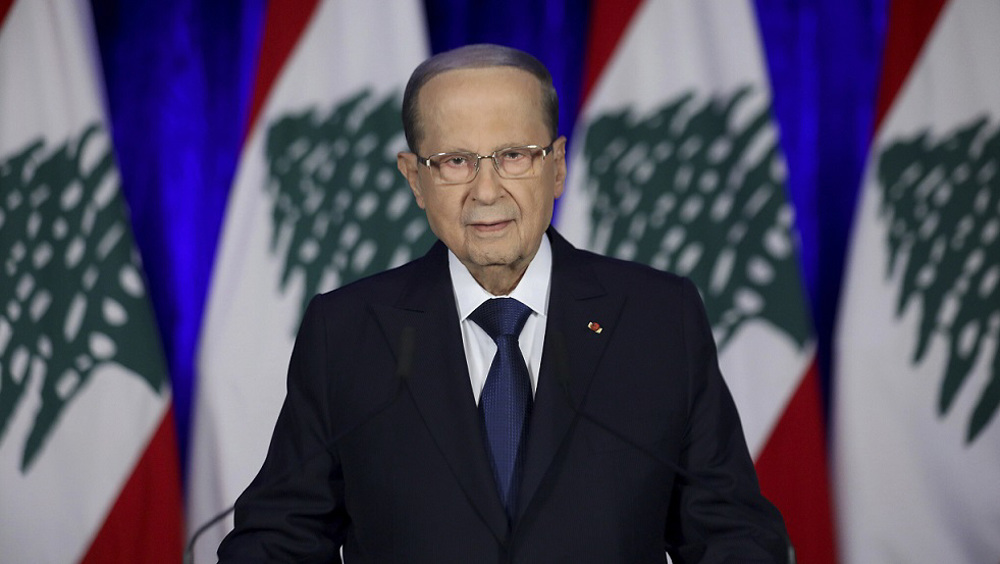
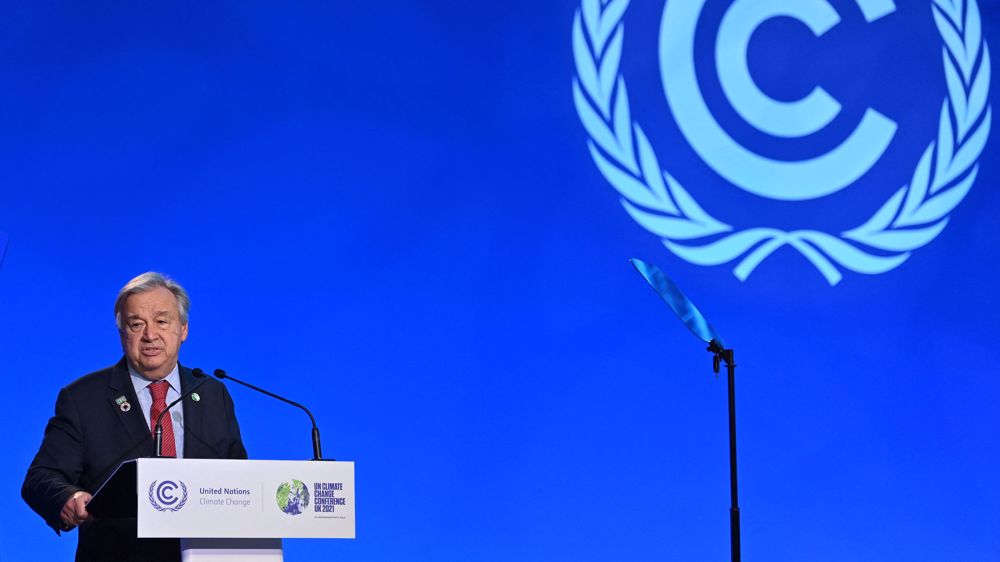
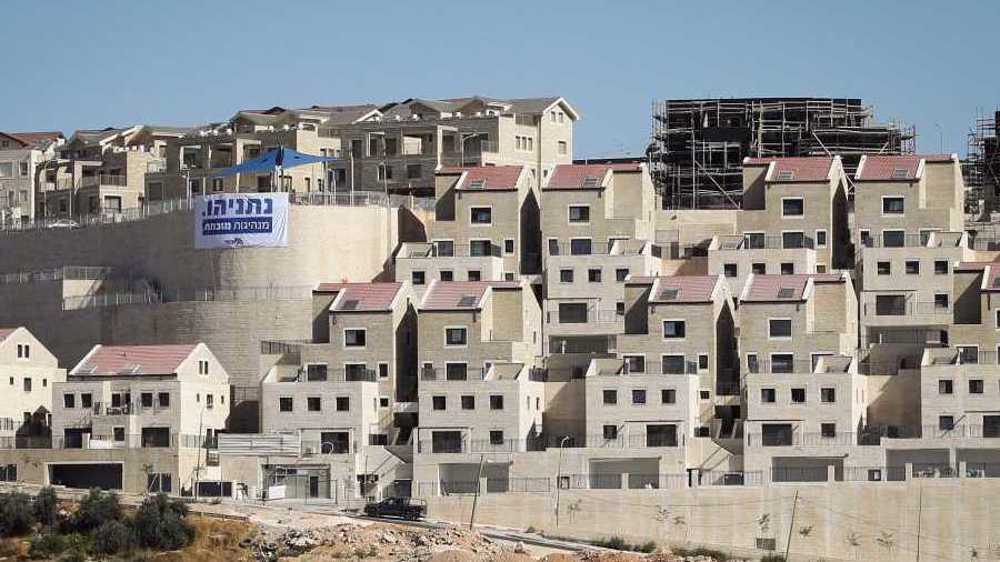
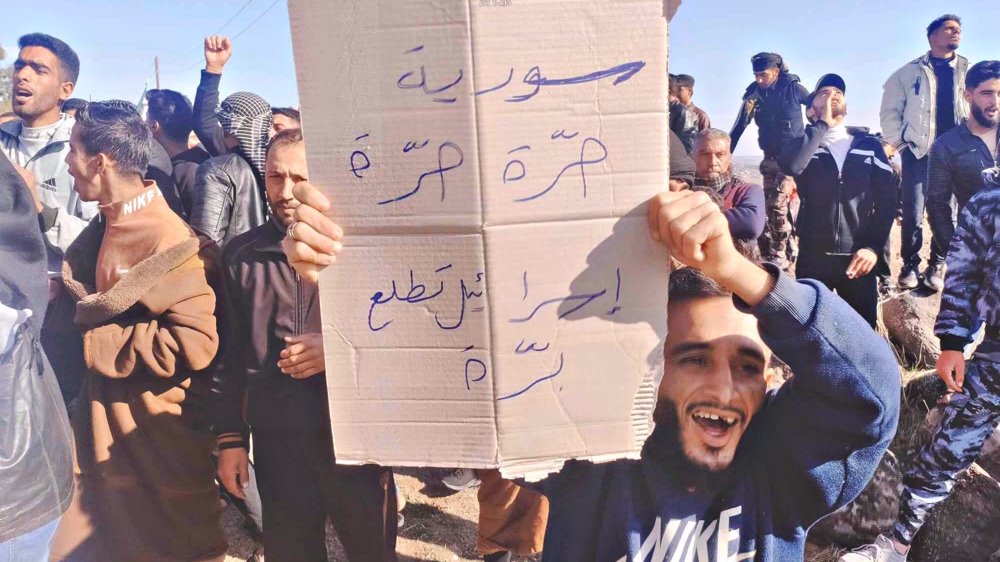
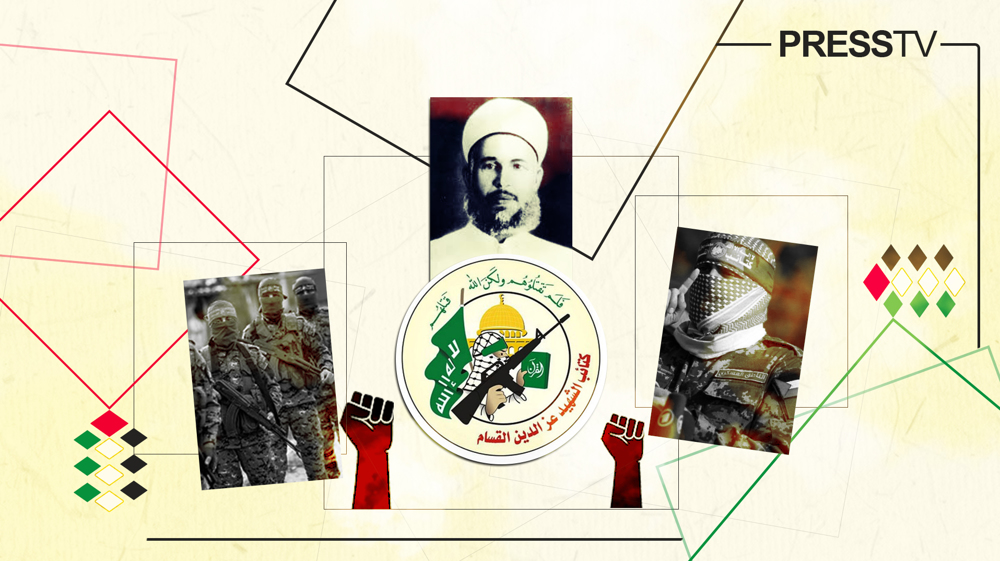
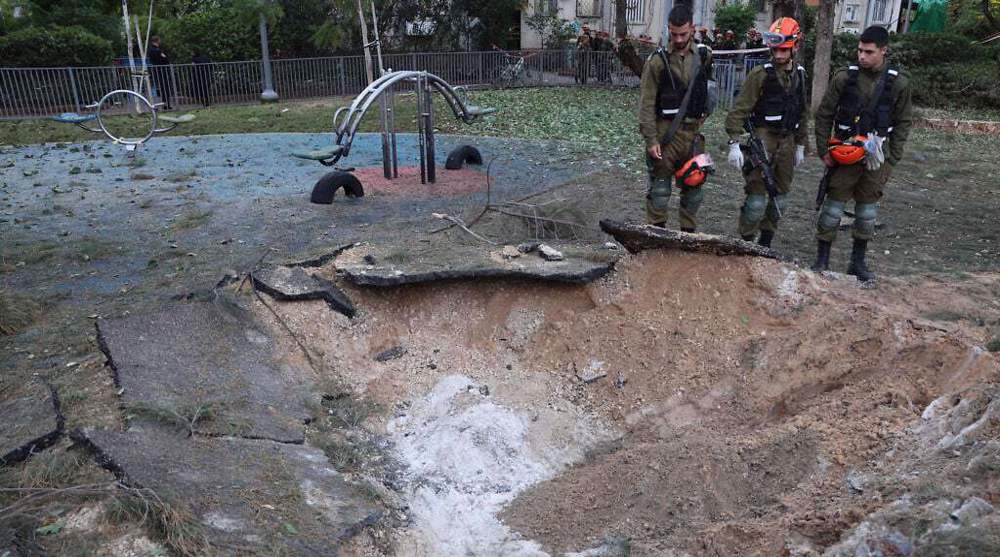



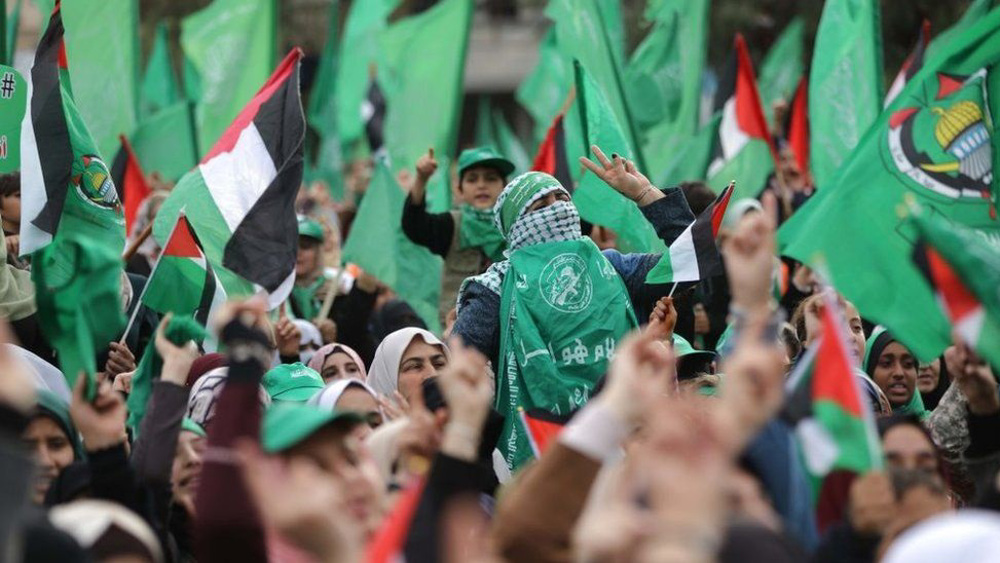
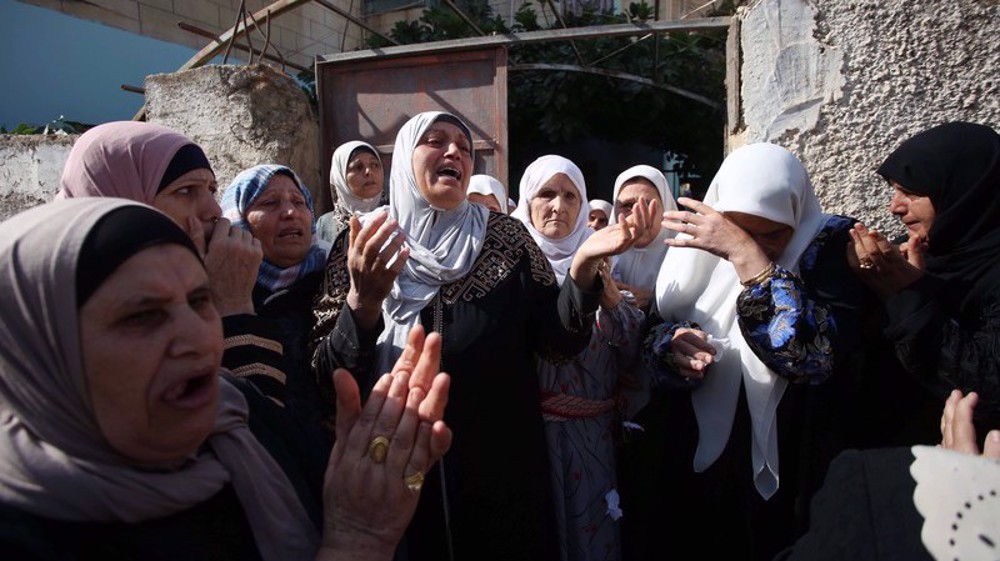
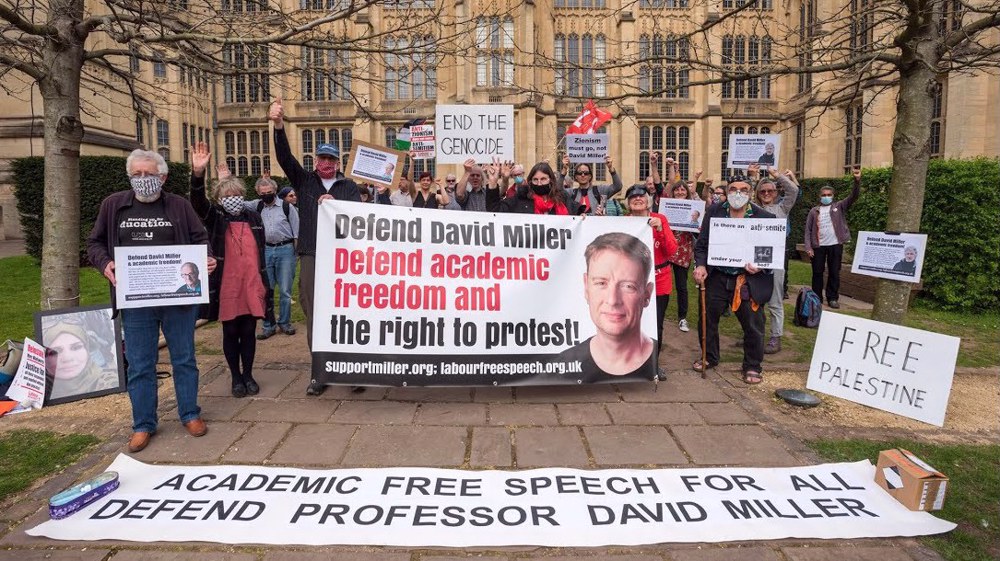
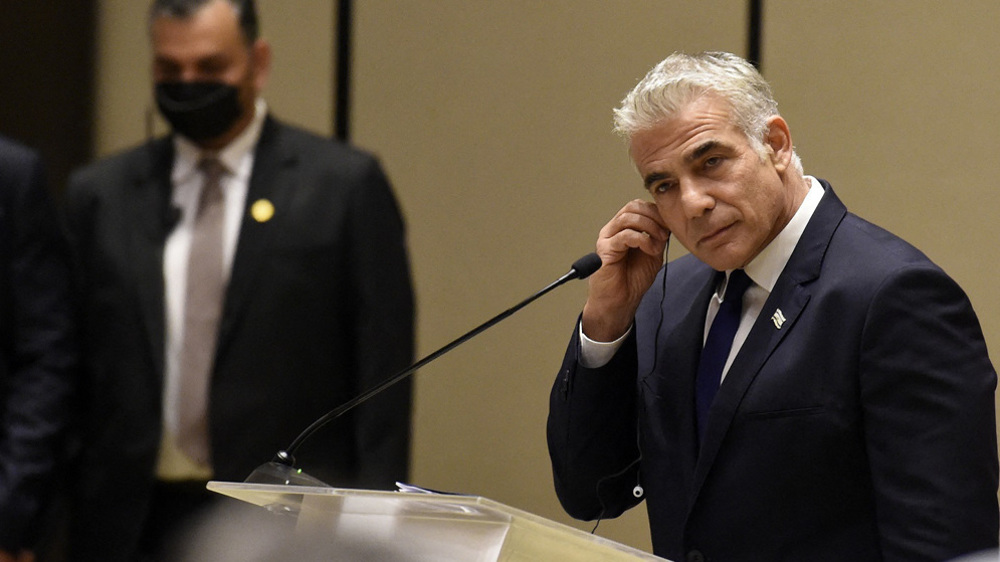

 This makes it easy to access the Press TV website
This makes it easy to access the Press TV website